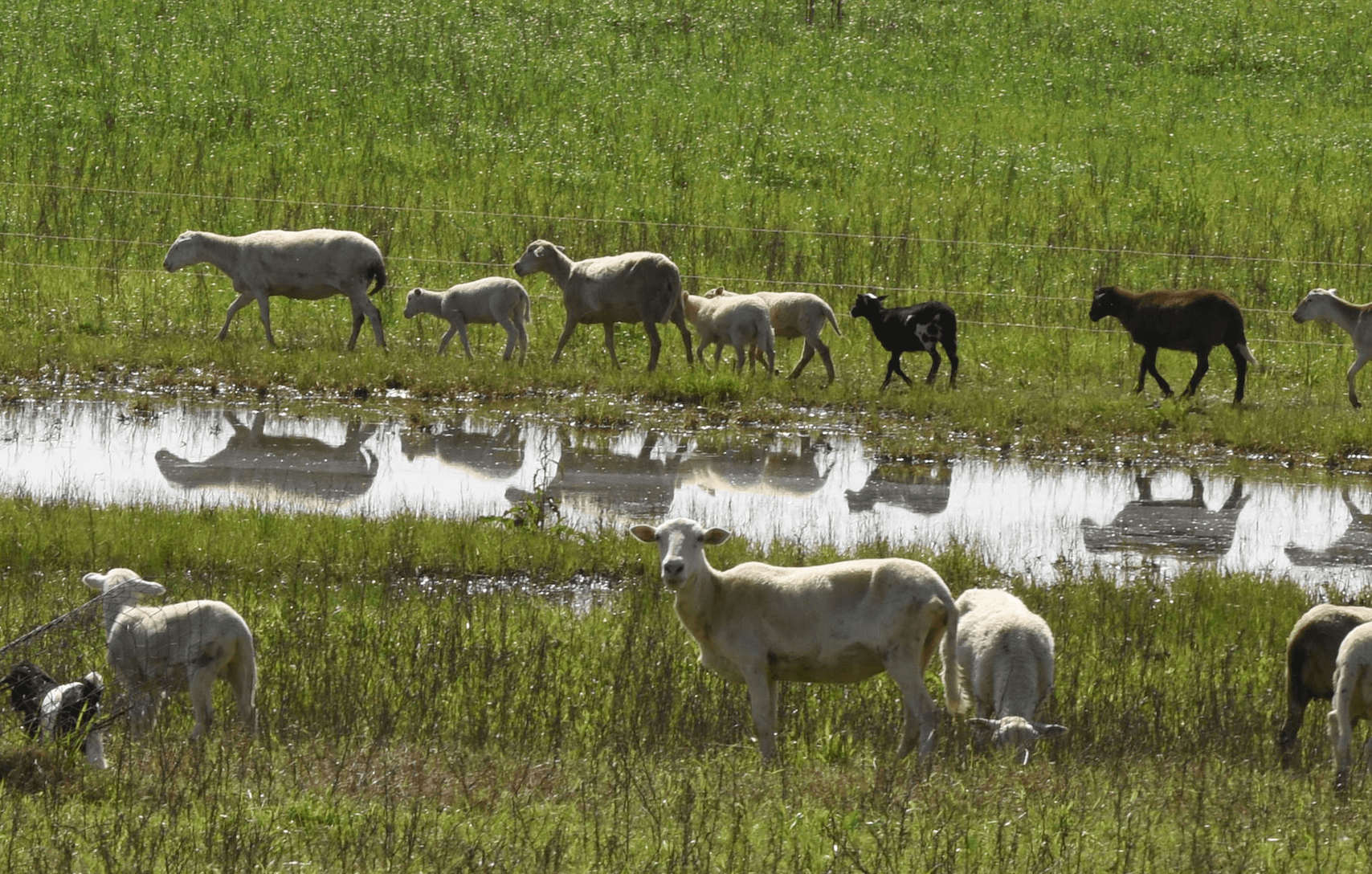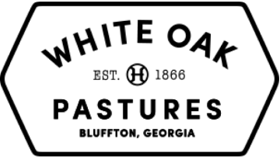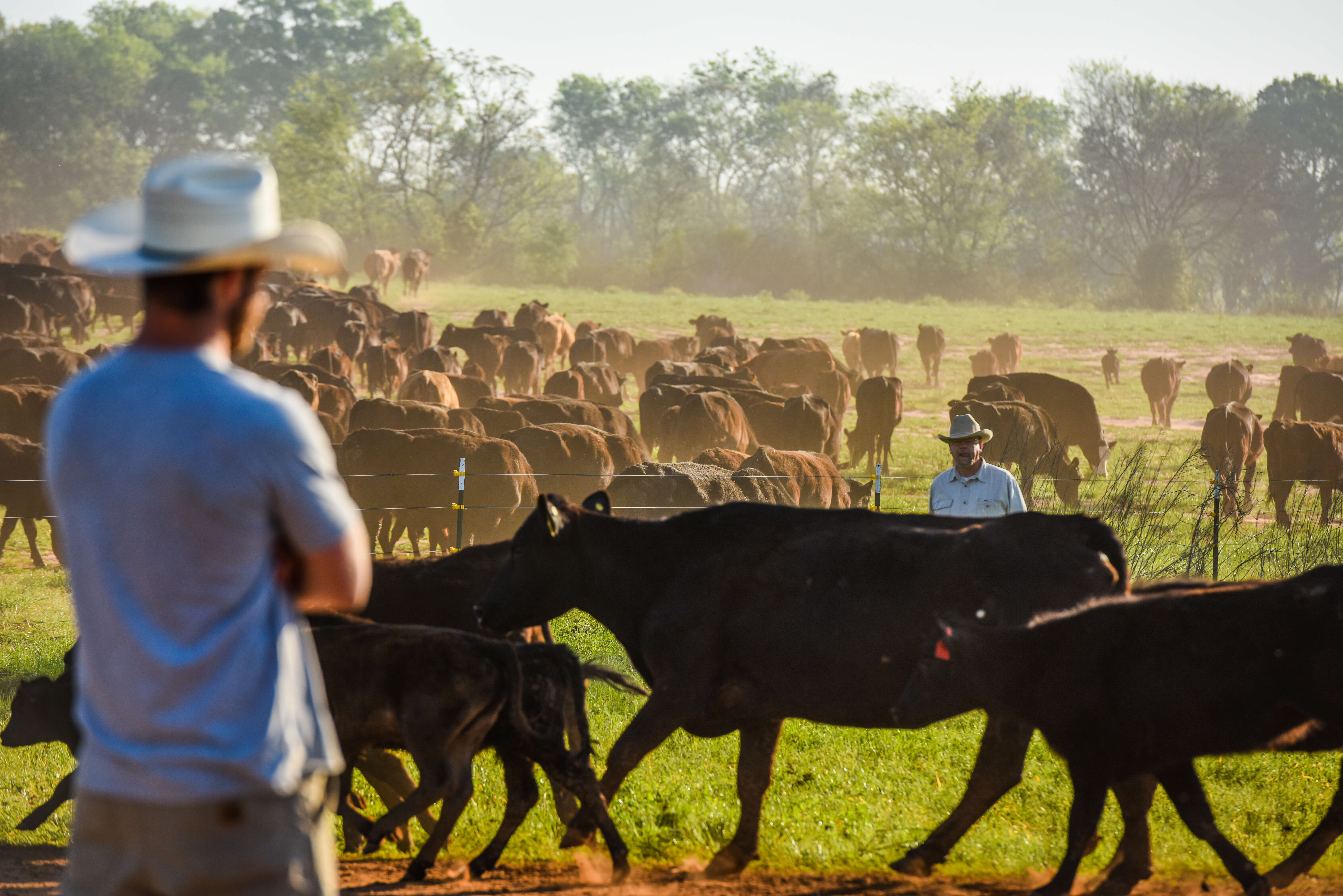
I was an industrial cattle rancher for 20 years. My upbringing prepared me to operate my farm in an industrialized, commoditized way. My education taught me a reductive, linear farming method.
I am one of the few good-old-boys who went rogue and became part of the leadership of the regenerative and humane farm movement. I started making that transition 25 years ago.
However, the leaders in the centralized, industrialized, and commoditized farming industry are still my neighbors, relatives, and friends.
We still talk, and we talk about agriculture, the environment, and food production. The conversation usually goes something like this:
“Well, Will, farming like you do is fine… It's okay. But you know that you can't feed the world farming like that.”
I love it when they say that.
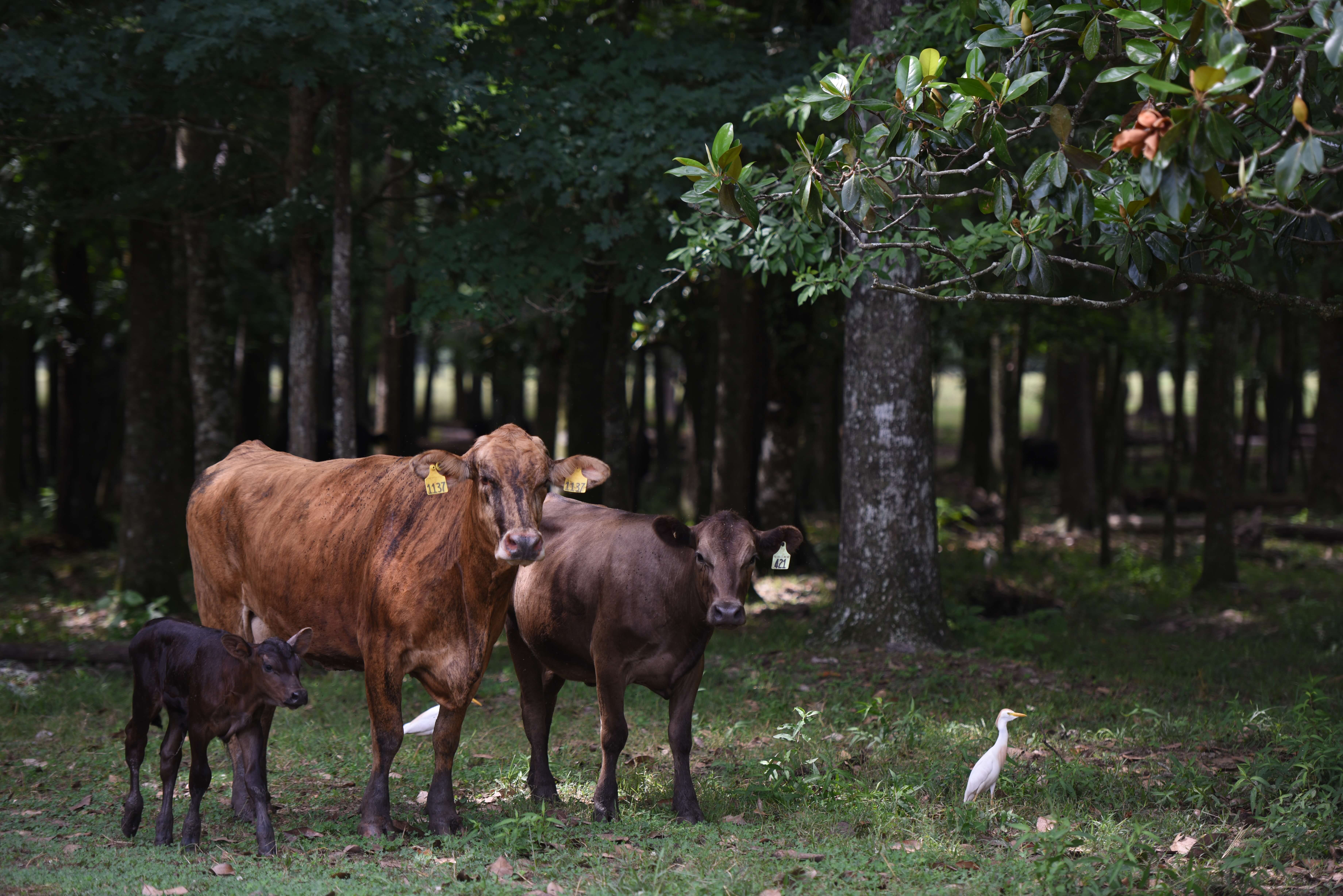
I respond with, “Well… Let's take a minute and have that discussion. But, before we have it, let's both agree to stipulate that the world has a finite and limited carrying capacity. We cannot exponentially increase the population, in perpetuity, and expect the Earth to feed all of us.
Sooner or later, the resources will be depleted. The water, land, and air will become overly polluted. To feed us, the system will have to become so big that it will collapse upon itself. Can we agree that, at some point, this will happen if we have unlimited population growth?”
They do not want to agree to this stipulation. They will try to tell me that technology will continue to make food from air.
But, if I ruthlessly persist, they will have to relent and acknowledge this simple and undeniable truth: the linear food production system, pushed to the extreme, will eventually and inevitably fail us.
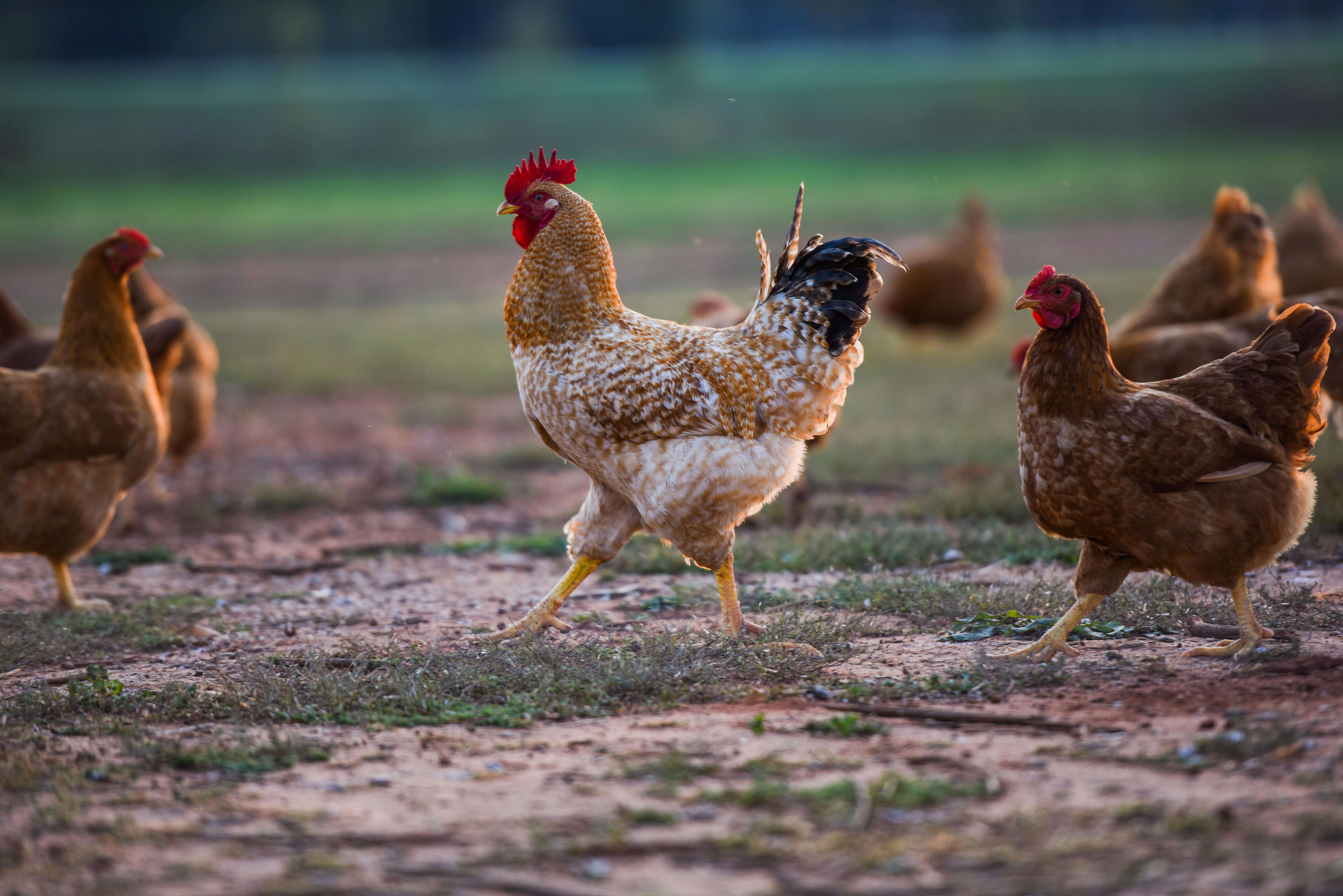
When they do make this one small concession, I thank them for being open minded. Then I reciprocate by immediately admitting to them that their industrial, commodity, centralized system will feed a greater world population than my regenerative and compassionate methods.
If… the resource that becomes the limiting factor for our survival is the acres of land that are available for food production.
But…
- If the supply of fossil fuel becomes the limiting factor, my system is best. I don't use as much.
- If the fish killing dead seas become the limiting factor, my system is best. I don't pollute in that way.
- If diminished resources of phosphorus, potash, and other reductive inputs become the limiting factor, my system is best. I don't use them.
- If the aquifer runs dry, my system is best. I don't deplete it.
- If aberrant genes escape from GMO crops, I win. I don't use them.
- If drug-resistant strains of pathogens become the limiting factor, I win. I don't contribute to those mutations.
- If the loss of topsoil becomes the limiting factor, I win. I build topsoil.
- If a pandemic causes the centralized, industrialized processing plants to shut down and the food chain to fail, I win. I don't need them.
- If climate change becomes the limiting factor, I win. I mitigate climate change.
There are a lot more of these, but you get my point.
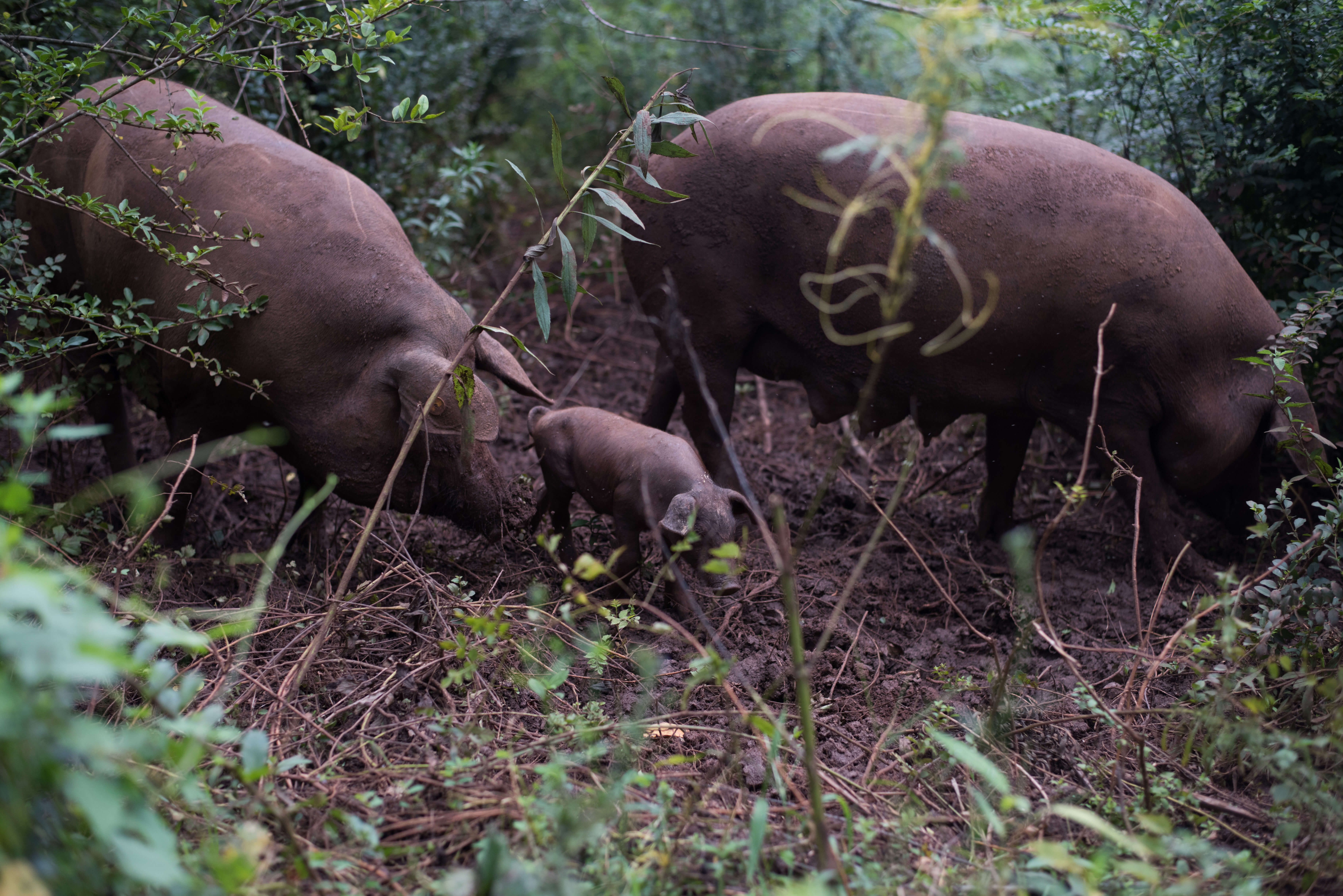
The only scenario in which, in the long view, their system is better than mine, is efficiency and productivity per acre of land.
There is NO resiliency in the centralized, commoditized, industrialized food production system. ALL of the resiliency was traded for efficiency. It was a real bad trade.
In every other scenario, my regenerative, humane, resilient production system is better. For people, animals, and planet.
